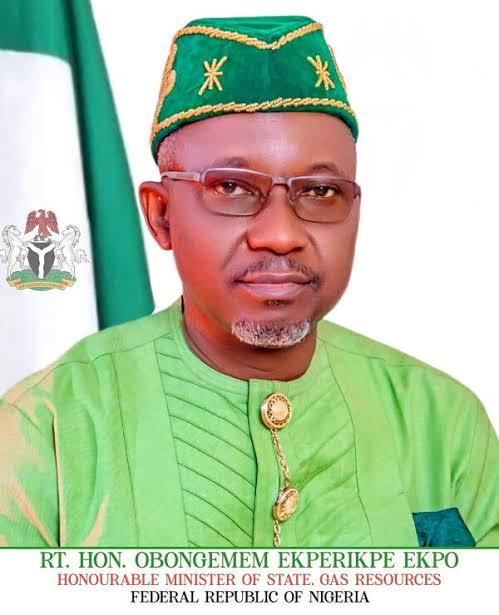The Nigerian National Petroleum Corporation (NNPC) has said the recent spate of divestments of onshore oil blocks by some international oil companies (IOCs) is in the best interest of indigenous players in Nigeria’s oil and gas production mix.
It equally dismissed the perception that the development may lead to a crisis in the nation’s oil and gas industry.
Group Managing Director of the NNPC, Andrew Yakubu, told journalists at the ongoing World Energy Congress in Daegu, South Korea, that the reported divestments were not only healthy for the oil and gas industry in Nigeria but would also go a long way in promoting effective indigenous participation in core upstream activities.
The acting General Manager, Public Affairs of the corporation, Tumini Green, in a statement yesterday quoted Yakubu as saying, “These are not withdrawals in the real sense of withdrawals.
“The fact is that a number of these IOCs are moving into more challenging frontiers in the deep offshore and are leaving the onshore blocks which they consider less challenging.”
He noted that these major players that are divesting have actually been sitting on the oil acreages and have allowed them to go fallow for years without significant development.
“So it is only fair for them to release these blocks so that others, especially indigenous operators can have the blocks and grow in the upstream business.
“This indeed is a good development and I think we are moving in the right direction,” Yakubu added.
He also hinted that the divestment offers immense opportunities for the nation’s indigenous flagship upstream operator, the Nigerian Petroleum Development Company (NPDC), the upstream subsidiary of NNPC, to grow its capacity and capability especially as it strives to meet the aggressive production target of 250,000 barrels per day (b/d) by 2020.
Yakubu, who led a team of oil and gas experts from Nigeria to the global energy summit, also explained that the advent of the shale gas and oil revolution in America for now would not have a serious negative impact on Nigeria’s crude oil fortunes as earlier projected by some petroleum analysts.
He said: “No doubt the shale gas phenomenon poses a pushback on our oil and gas, but the good news is that as we speak, the impact is going to come in a very long time from now because a close examination of the various discoveries of shale gas shows a huge misalignment between what was projected and the actualisation of most of the gas projects that would bring shale gas into full maturity.”
According to him, though the shale gas revolution is real, its availability in the global energy market is being hampered by high cost and other infrastructure challenges, thus making conventional crude oil a cheaper energy source.
He however stated that while the NNPC takes comfort in this development, the corporation is moving to activate measures to ensure that the country is not caught napping if and when shale gas achieves the projected global penetration.
“Once again, the good news in this regard is that Mr. President, through the Minister of Petroleum Resources, Mrs. Diezani Alison-Madueke, has made it clear that the maximisation of our various energy resources is central to the reforms in the oil and gas industry.
“And back home, we have since channelled our energy to the development of petrochemicals, fertilizer and other gas-based industries that would maximise the utilisation of our gas resources.
“So far, our interactions and engagements with various global energy leaders in this congress have reassured us that we are moving in the right direction,” Yakubu stated.
Meanwhile, the Shell Petroleum Development Company of Nigeria Limited (SPDC) yesterday reopened the 28-inch 150,000 barrels per day capacity Trans Niger Pipeline (TNP) after repairs were completed following the outbreak of a fire at Patrick Waterside in Bodo, Ogoniland area of Rivers State.
Shell spokesman, Mr. Precious Okolobo, said in a statement that a joint investigative team confirmed that the fire was caused by a hacksaw cut by unknown persons.
“The 28-inch line was shut in on October 14. The 24-inch line which was shut in on October 9 following leaks at B-Dere and Nonwa-Tai, remains closed. While investigations showed that unknown persons had drilled a hole on the 24-inch TNP at B-Dere, the joint investigation on the Nonwa-Tai spill is continuing and expected to be concluded soon,” he said.
Okolobo however said preliminary findings indicated that the spill might have been caused by a failure on the pipeline.
“SPDC had quickly mobilised its oil spill response team to the site and contained the spread of spilled oil. Further remedial measures, clean-up and repairs are continuing. SPDC regrets this operational spill and is investigating the root cause of the failure,” Okolobo said.
He said SPDC would continue to monitor the situation, adding that the force majeure that was declared on Bonny Light exports on October 9 would be lifted as soon as it is operationally possible to do so.







